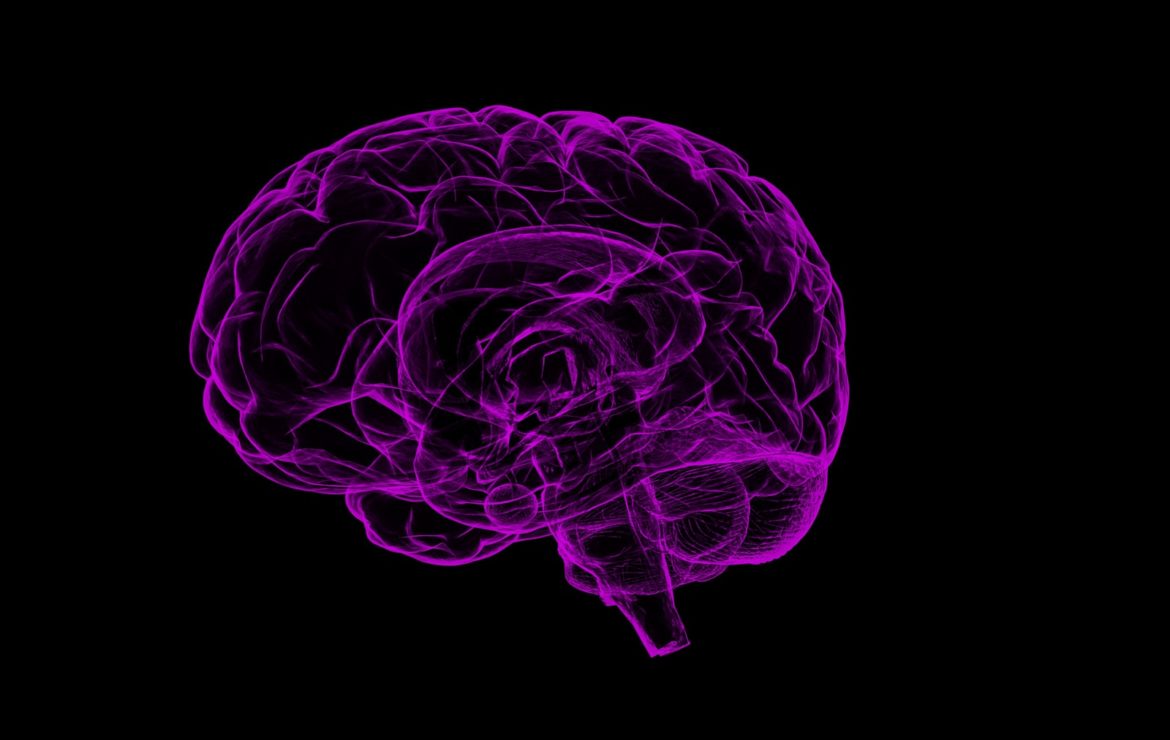The Power of Acceptance: Brain Injuries

Let’s start with this. Your brain has no nerve endings; if it gets physically damaged, you’re not going to feel it like you would a broken bone or a sprain. It is not unusual for the people around you to notice the presence of a change in your regular pattern of managing life.
If I could hand off to you one piece of muscular knowledge, it would be this. There is power in acceptance because the experience of acceptance is an act of strength.
Accepting reality can be a steep climb. I sustained my brain injury in 1984 when I was held up and shot in the head. I can’t feel the presence of the bullet in my brain. Whether from a fall or a stroke or a car accident, the brain is not going to tell you it’s damaged. You hit your head, go to the Emergency Room, particularly if you lose consciousness, even for a moment.
It would more than 15 years before I recognized my brain was damaged in a way it interfered with my life. When I was tired, I was short-tempered, perpetually angry, suspicious, yet in the morning and for most of the day, my mood would be fine. I tackled this bad-mood pattern with a therapist, thinking it was a psychological reality, only to learn later that the damage to my frontal lobe was the culprit! When I was rested, the brain could compensate, when tired, it couldn’t.
I think most would agree on two things.
- If someone has a brain injury, they have a right to know it.
- The person, not the injury, deserves to be in control. for any reason, you have a right to know about it. The bullet remains in the frontal lobe, which brings me to my next point about the importance of accepting the presence of an injury when you can’t feel it.
Acceptance does not mean you are giving in or giving up. You must accept the presence of the injury to manage it. You must manage it to be as free of its control as possible. You deserve to be free of it.






